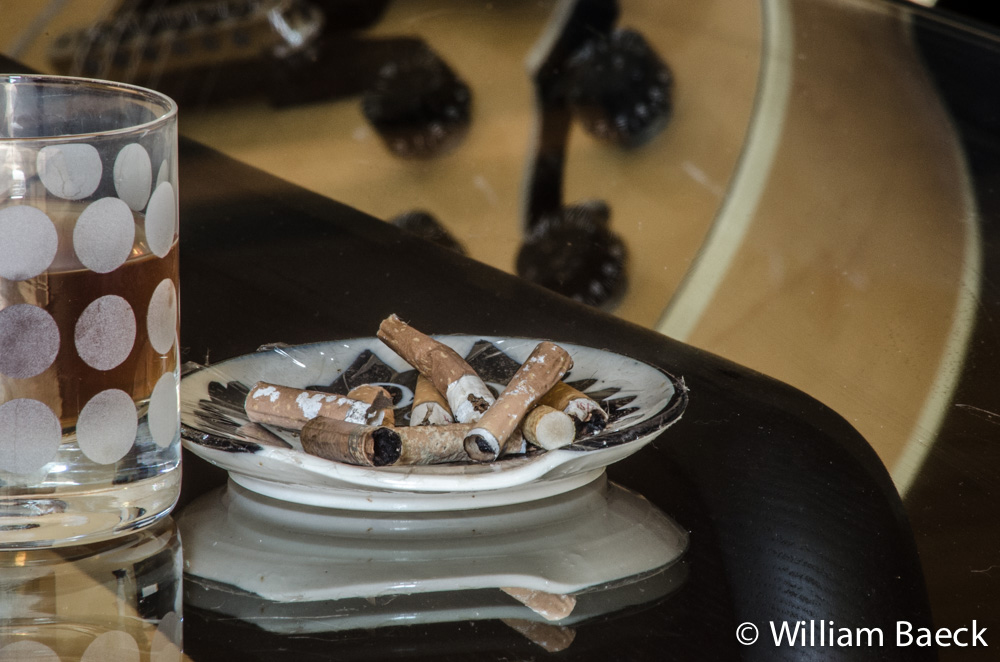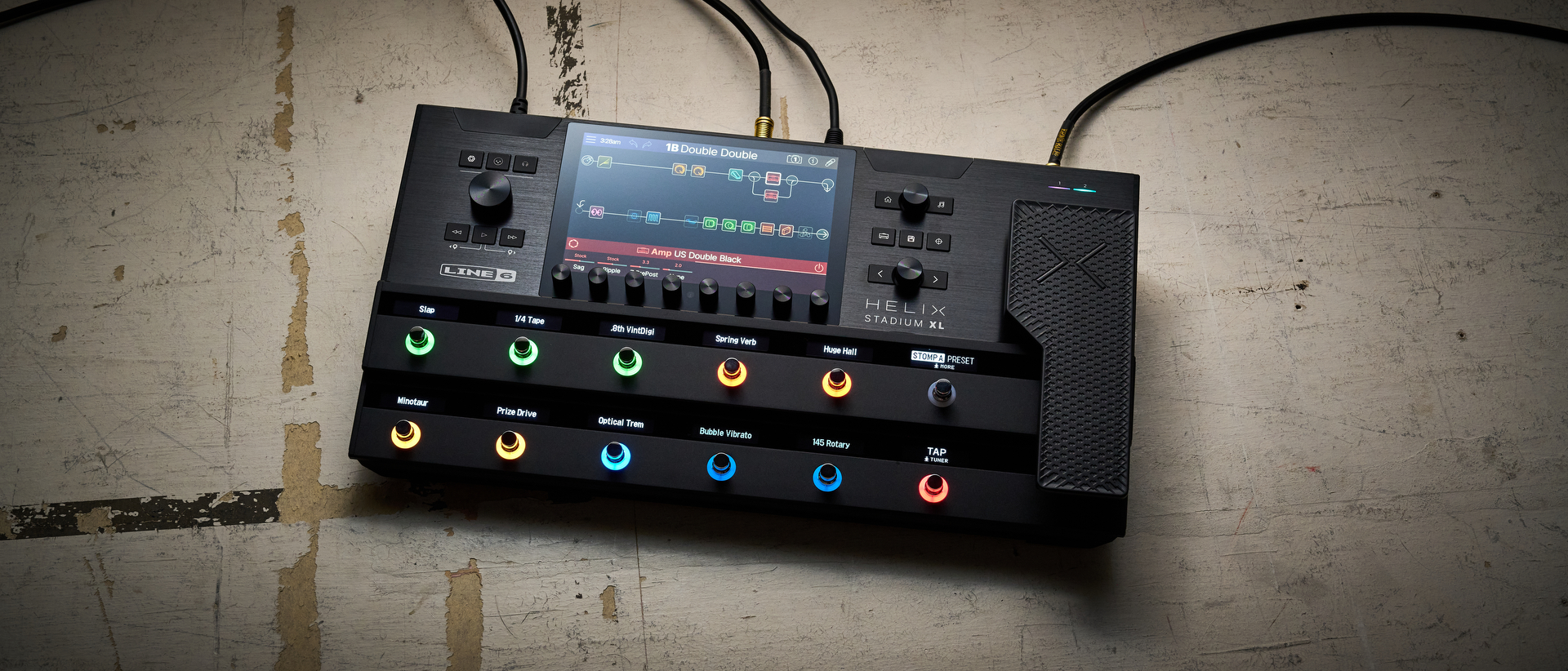The GAS Man: Turn Your Vices Into Virtues —and Buy More Gear

I don't smoke. Hardly drink. Don't do drugs. I don't gamble, drive a fancy car or chase after fancy women. Or plain ones (in case you're reading this, honey.)
Two things have resulted from my abstinence from moral decay:
• Rolling Stone never calls for an interview.
• I've been able to afford pretty much every guitar, pedal and amp I've ever wanted.
In my case, I gave up smoking (completely) and drinking (mostly) at 13 and took up the guitar right after. That was probably not a coincidence. It turned out the guitar was a pretty good substitute for a variety of cravings.
What I learned is that if you've already got a bad habit you'd like to drop, guitar gear can be a fine incentive to exchange a vice for a virtue.
According to the American Psychological Association, this kind of cognitive behavior modification is “a therapeutic approach that combines the cognitive emphasis on the role of thoughts and attitudes influencing motivations and response with the behavioral emphasis on changing performance through modification of reinforcement contingencies.”
According to American rock guitarists, it's a perfectly good excuse to buy another fuzz pedal.
All the latest guitar news, interviews, lessons, reviews, deals and more, direct to your inbox!
The best part is kicking a bad habit can kickstart a good one. (Psychologists call this contingency management.) Suppose you feel you smoke too much. Think of what you could get by diverting your finances from cigarettes to guitars.
A pack of cigarettes ranges from about $5 to $15, depending on where you live. Let's take $10 as a nice median number. If you smoke even half a pack a day, that comes to a bit more than $1,800 a year. Cut back on your smoking and you can put that money toward a nice Les Paul. You'll end up with fresher breath and probably gain as much satisfaction from playing as you do from smoking, the difference being the more you play, the better you feel.
On the other hand, maybe you already have your few remaining bad habits set up just the way you like. What if you don't have any more vices you're willing to exchange for musical instruments? You can't exactly go to your parents or spouse and say, "On the plus side, I haven't whore-mongered at all this month. Please stamp my rewards card, I want a new amp."
That's when it's time for Plan B: proving you are so fiscally conservative that you have earned that amp.
It's impressive how putting aside just a few dollars each week adds up.
Start by figuring out how much disposable income you really have. Now it may be that you don't have any, in which case acquiring more gear is probably not your priority. But most folks do have a bit of spare change after setting aside money for food, clothing, rent, the kids, retirement, emergencies and that second-story addition to the kitty condo you're building for Mr. Fluffypants.
So where's that extra money going to come from? Think about it. Be creative. Are you buying a cup of coffee on your way to work each morning? That's at least $2 a day. Make your own instead and take it in a Thermos. Put the money saved into your personal tip jar.
Of course, this is the real world, and for many of us it's not just a matter of convincing ourselves that the money is available—which is the easy part—it's often a matter of convincing our parents or significant other as well.
Here's how I did it. Shortly after I got married, my wife and I made up a budget. And part of that budget included the idea that each of us still wanted to be able buy what was, to the other person, totally frivolous crap. Our budget would set aside enough that we could occasionally get something with no explanations, apologies or misdirection required; she wouldn't have to cram two pairs of red high-heels into one shoebox and I wouldn't be stashing my new Turbo Rat behind the expired box of Cheerios.
So then the question became, “What price happiness?”
We asked each other, “How much money would you not care if I essentially threw it away on junk?”
“Ten bucks a week”—this was back in the Eighties—was the answer.
We made it all very formal. We each set up a separate bank account for our “no questions asked” fund and auto-deposited $10 weekly from our paycheck into it.
What have I bought with my 10 bucks a week over the past 30 years? Here's a partial list:
- A 1952 Tele
- A 1956 Strat
- A 1950 Gibson J-45
- A 1966 Deluxe Reverb
- Not one but two late-Fifties Tweed Princetons
- An original TS-9 and first-version Big Muff
- A 1964 Fender Reverb Unit.
Etc. You get the idea.
So that's it, three cheap, simple ways to save for guitars: diverting cash from bad habits to good ones, reclaiming wasted money, and creating a “fun account.” Of course, you could just stick to smoking, gambling, and drinking grande venti frappuccinos instead of getting a shiny new guitar.
But according to the American Psychological Association, that's just nuts.
William Baeck is a writer, photographer and hack guitarist living in London. You can check out his webpage at williambaeck.com and reach him on Facebook and Twitter.
